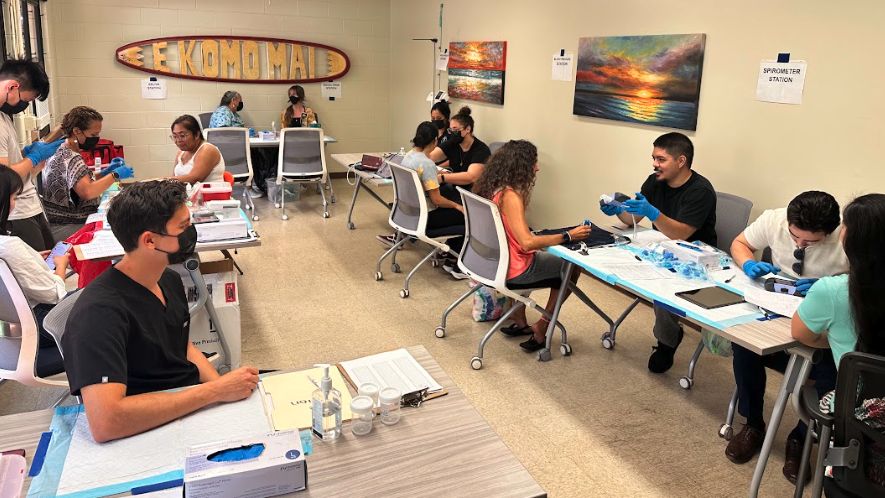HONOLULU, Hawaii — The State of Hawaii has provided $2.3 million to expand a longitudinal study that analyzes the health and social impacts of the Maui wildfires.
The funding will allow the Maui Wildfire Exposure Study to double its reach to 2,000 participants.
Researchers at the University of Hawaii are focused on recruiting more children and first responders.
Additionally, the funding will build a comprehensive registry for up to 10,000 survivors.
The researchers, led by UH professors Ruben Juarez and Alika Maunakea, conduct tests to examine immediate exposures to environmental hazards and then repeat the tests annually for the next 10 years, possibly even longer, to determine long-term health outcomes.
The study also asks participants about social conditions, like medical care and housing access.
“As we move past the one-year anniversary of the worst disaster in the state of Hawaii, our commitment to the people of Maui remains steadfast,” said Gov. Josh Green in a statement. “The MauiWES has demonstrated the need to address some health challenges of people affected by the disaster. The creation of this survivor registry is a crucial step in ensuring that we leave no one behind, including our keiki (children) and those who risked their lives as first responders. By supporting this academic-community partnership, we are laying the groundwork for a healthier future for all impacted by these tragic events.”
In May, the MauiWES published its first report on the social and health impacts of the Aug. 8, 2023 wildfires.
The study found 46% of participants reported a decline in health compared to a year ago.
The study was initially funded through a $250,000 grant from the Hawaii Community Foundation and $1.4 million from the National Institutes of Health.



